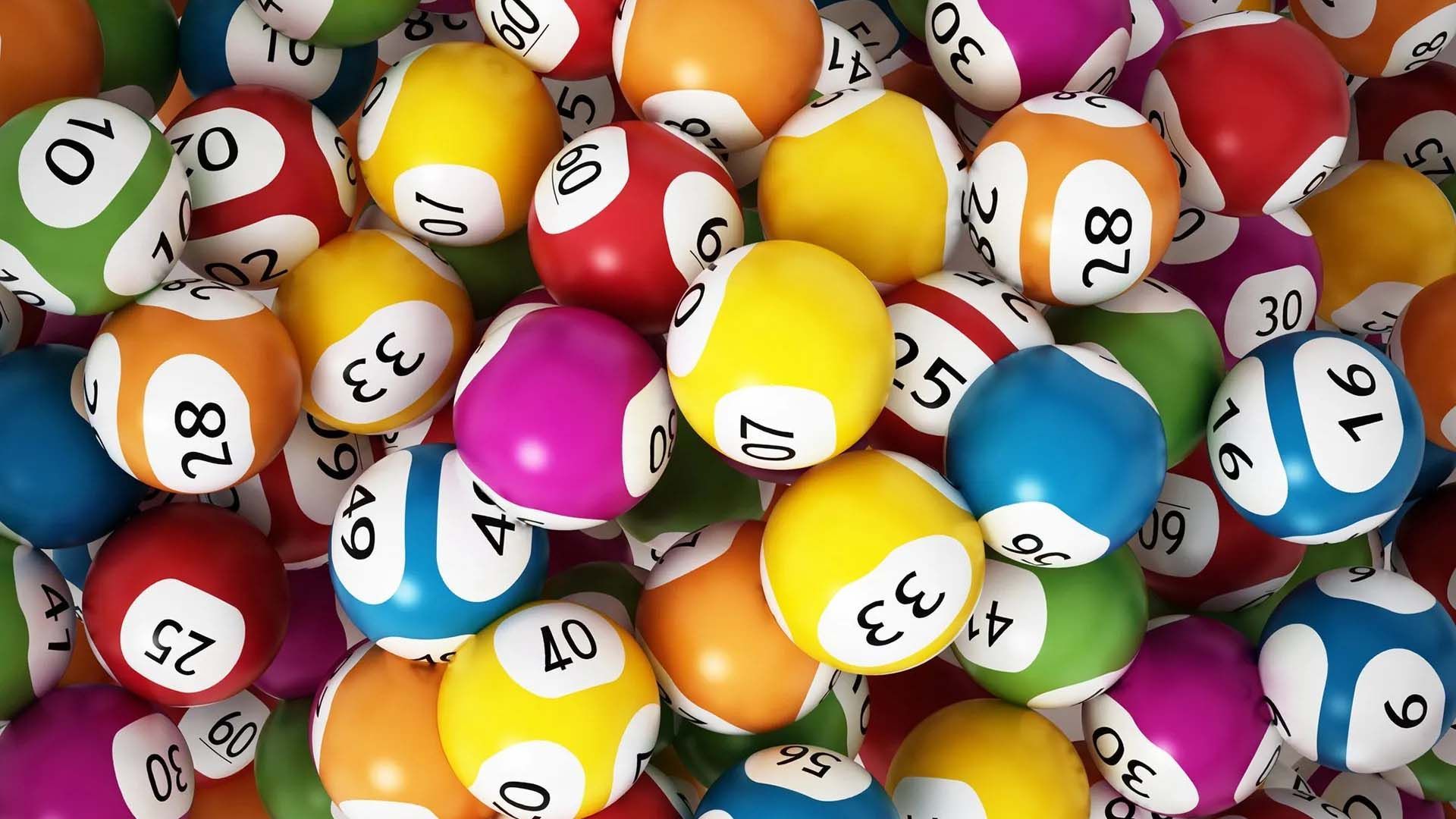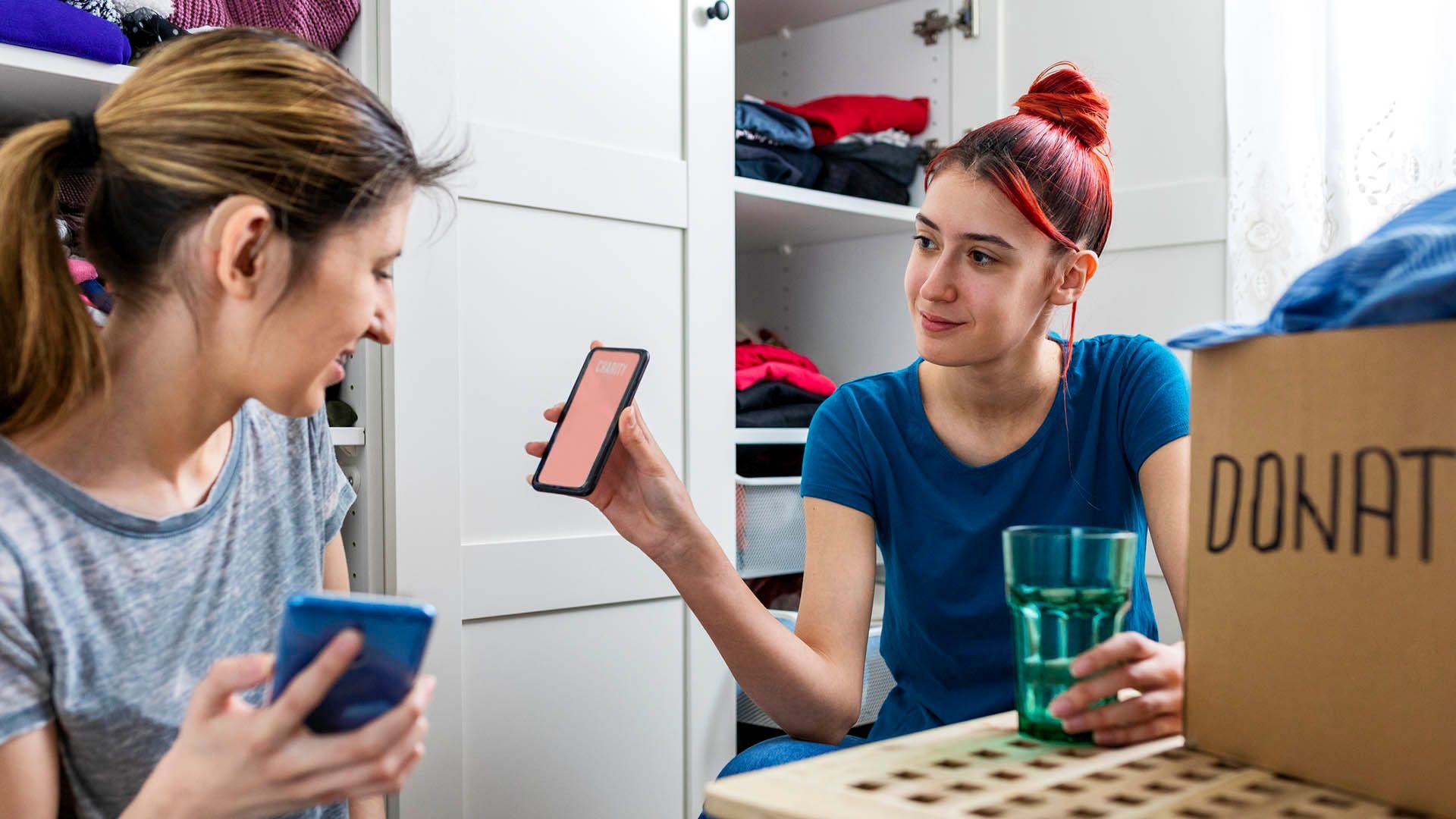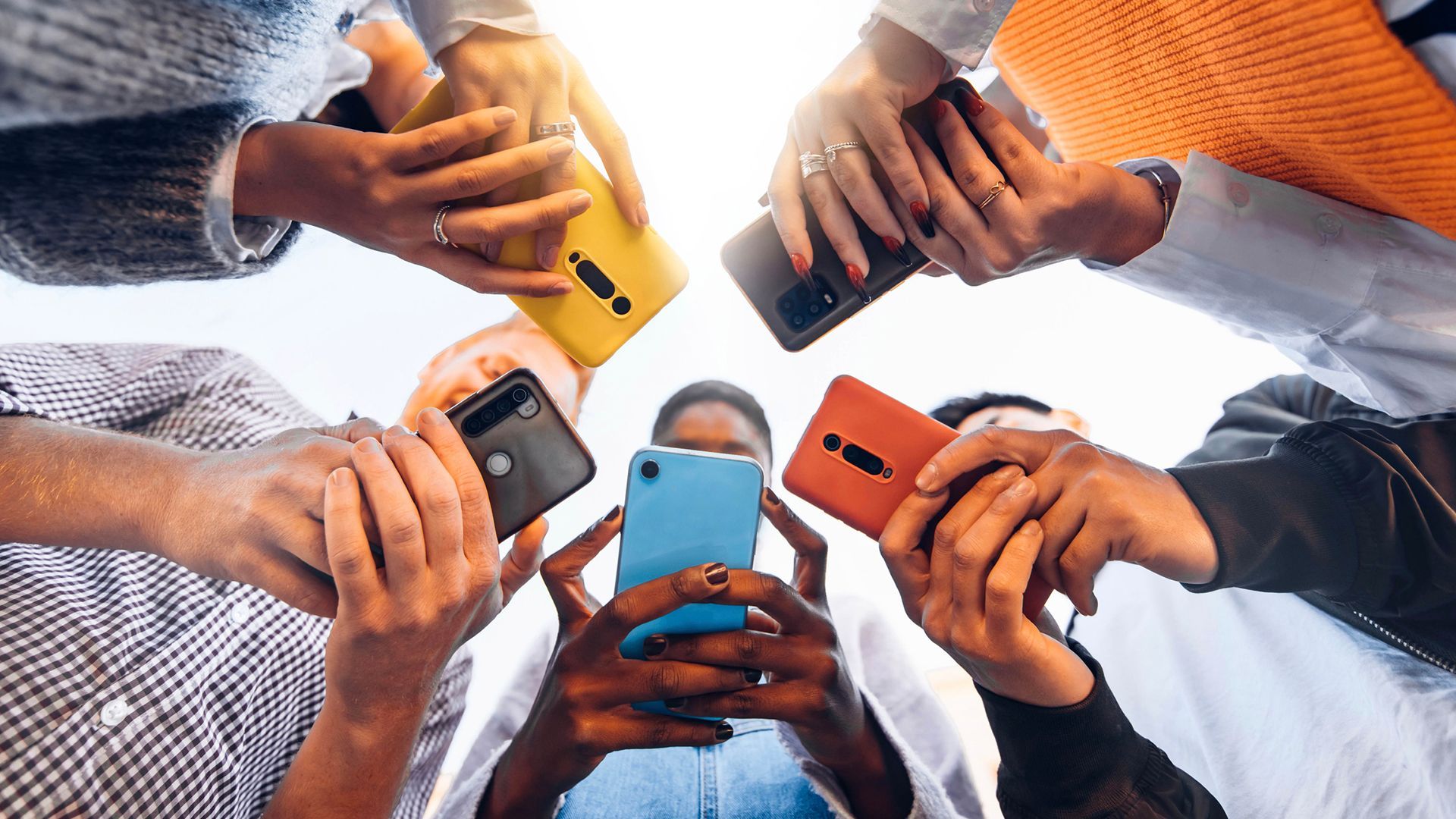Insights
The latest news, views, insights and people stories from the Cymba team.

Lotteries and prize draws offer an excellent opportunity to foster engagement and raise additional funds from your current supporters. With seasonal draws and regular lotteries, your existing supporters are typically eager to participate, and these initiatives can generate extra revenue for your cause.









